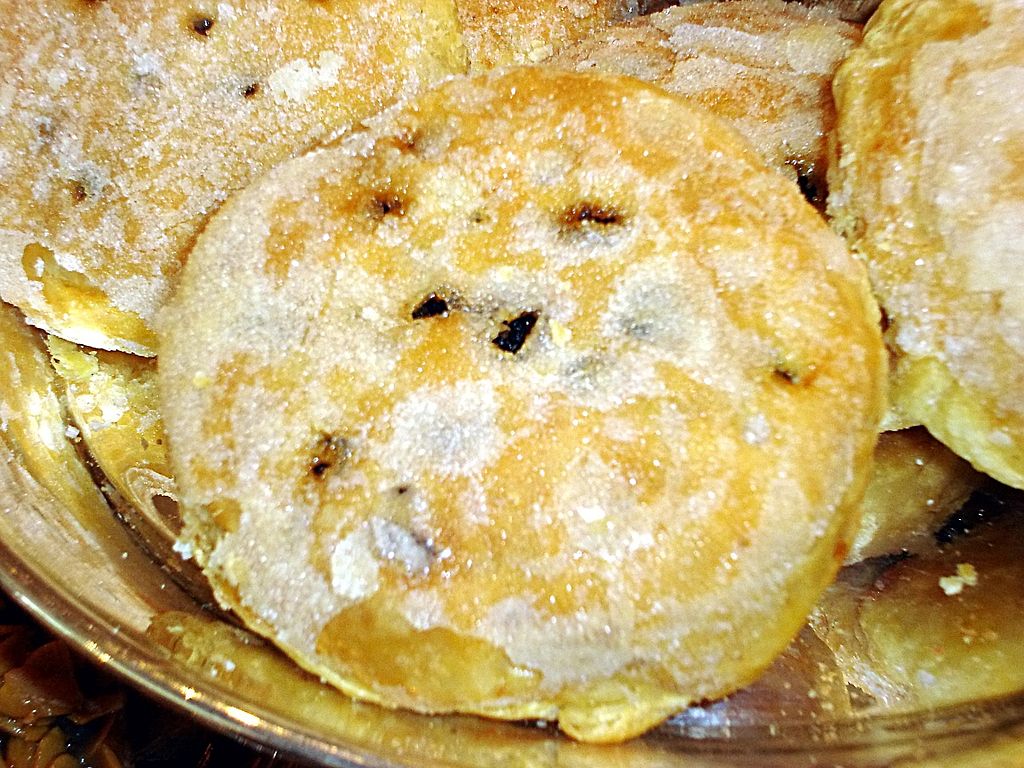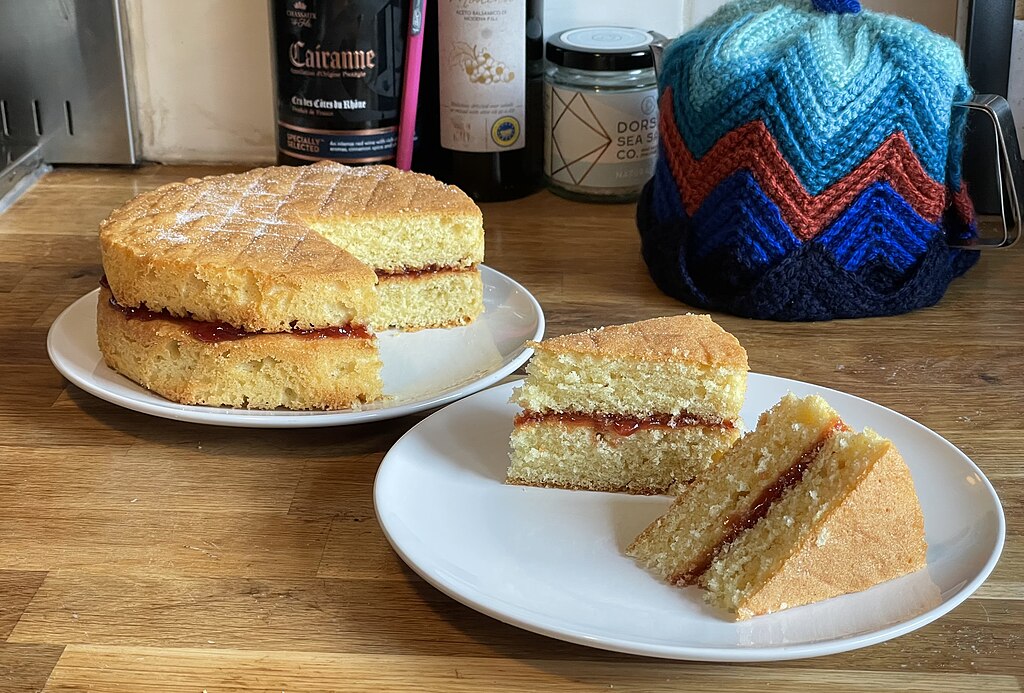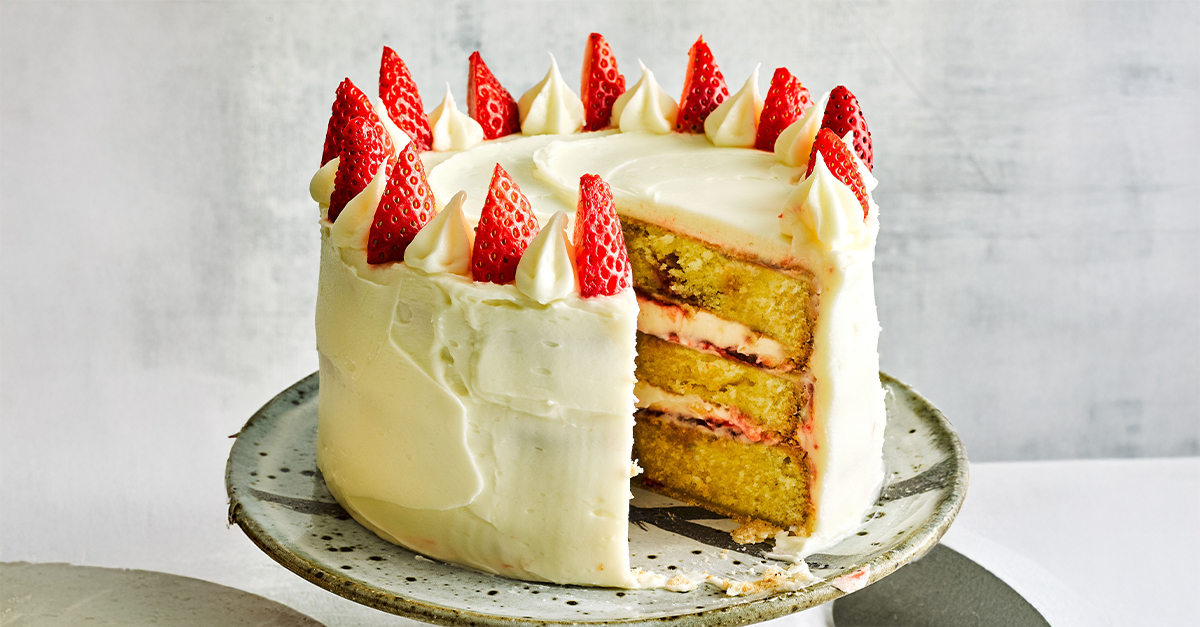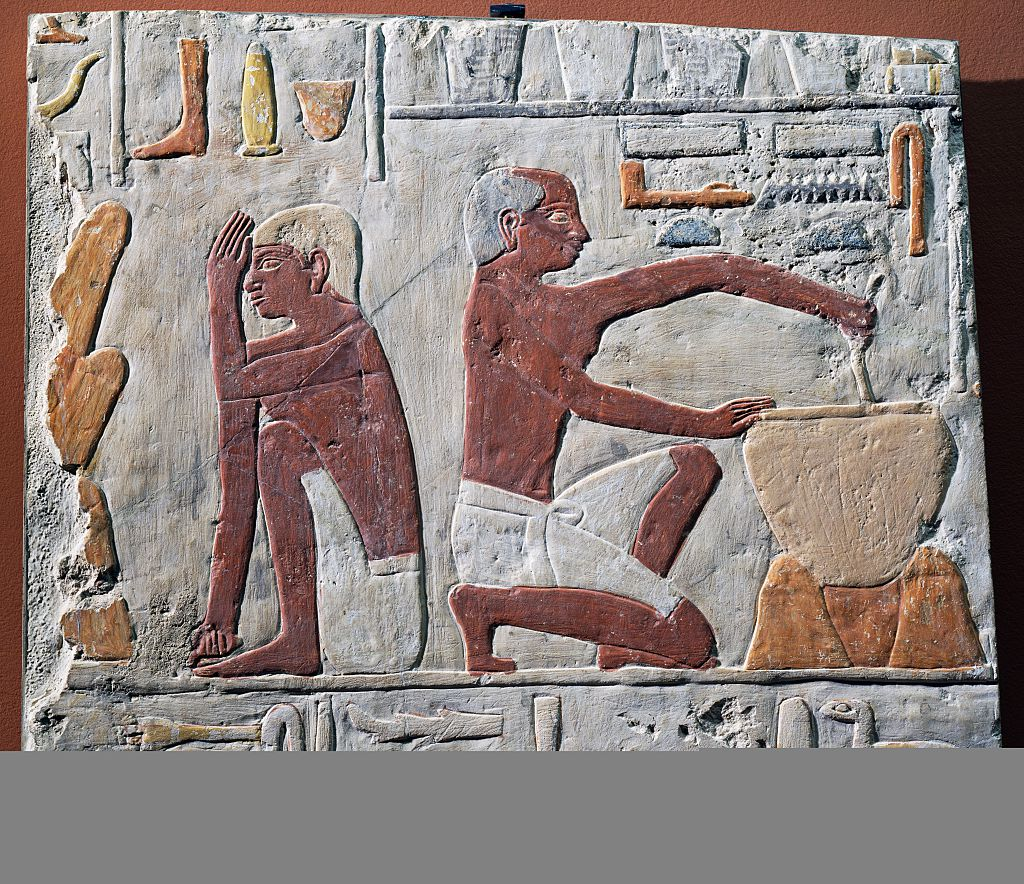People have been baking and eating cake since the dawn of history. As you may imagine, the cakes people were eating thousands of years ago bore little resemblance to the stuff we eat today. Join us for a whirlwind tour of cake history!
Early Cake Bakers
The Egyptians were the first to start baking cakes, but these early attempts weren’t all that much different from bread. A couple of thousand years later the Romans tried their hand at cake baking as well. They experimented by adding eggs, butter, honey, and combinations of fruit and nuts. Cake was improving, but slowly!
First Cakes In England
The first cake in England was an oat-based concoction that dates back to the early Middle Ages. Historians note that King Alfred of the Saxons was a big fan of the cake, such as it was. In fact, the word cake dates from this time, taken from the Viking word for cake, “kaka”.
Medieval Cake
The Middle Ages in Europe saw crusades, the building of cathedrals, and a major improvement in the quality of cake. This was the time of the medieval Great Cake, which was basically a large loaf of bread containing generous helpings of fruit and nuts, more or less like a big fruitcake that was sealed off with a layer of marzipan.
Renaissance Cake
As Europe emerged out of the Middle Ages into the Renaissance, people started exploring new cuisine and ways of making traditional dishes. It was during this period that sponge cakes were developed through the use of a generous quantity of beaten eggs. They were still quite a bit heavier than today’s creations though, as baking powder hadn’t been invented yet.
 Sean Whitton (User:Xyrael), CC BY-SA 3.0, via Wikimedia Commons
Sean Whitton (User:Xyrael), CC BY-SA 3.0, via Wikimedia Commons
1600s: The Dawn Of The Eccles Cake
Eccles cakes originated in Lancashire, England in the 17th century. These sweet cakes filled with currants, sugar, and spices were so sinfully good they gained the disapproval of the Puritans of England. The cakes were a big part of festivals, which eventually came under legal restrictions during the turbulent era of Oliver Cromwell. The delectable treats maintained their popularity through the centuries, and Eccles cakes are still going strong as ever in the 21st century.
1800s: Great Leap Forward
By the 1800s the main rising agent for cake was still yeast, but that all changed when a British chemist named Alfred Bird invented a new improved kind of baking powder. This fast-acting agent removed the need to use yeast, and gave cakes a lightness that nobody had ever seen or tasted before. Bird’s baking powder was basically indistinguishable from today’s version.
 Victoria Spongebob, CC BY-SA 4.0 via Wikimedia Commons
Victoria Spongebob, CC BY-SA 4.0 via Wikimedia Commons
20th Century: Cake In A Box
The first cake ready-mixes came on the market in the United States during the Great Depression as food companies tried to market cheaper and more appetizing food products. Since then, the number of options has expanded into today’s endless variety of different cake mixes.
A Colorful And Tasty History
As we can see, cake has travelled a long hard road to its current position on our dessert menus. The next time you’re arguing with your friends about whether cake is better than pie, you can impress them with a little bit of your newly-acquired cake knowledge! For now, it’s time to go bake a cake!
You May Also Like:
Facts About The Middle Ages In Europe And Around The World
HIgh-Energy Facts About Coffee And Coffee Drinkers
42 Astonishing Yet Authentic Facts From The Annals Of History












